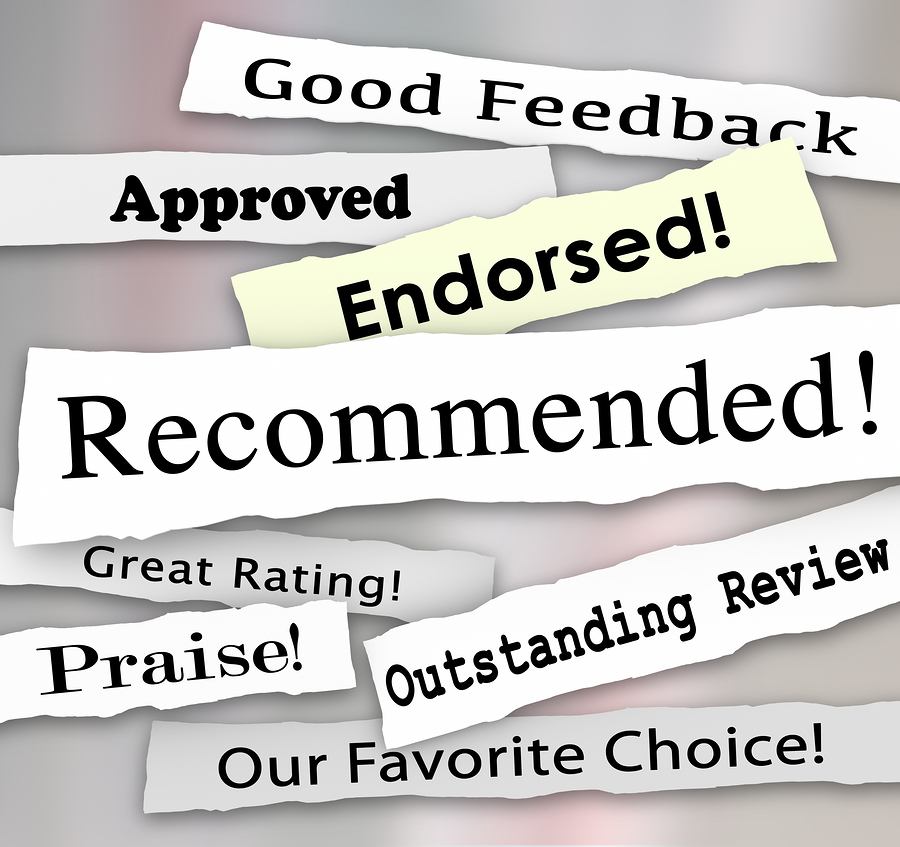In a recent post on the top three reasons why my office sends rejection letters, I referred to authors sending me out-of-category submissions.
Spaghetti Against the Wall
First, I mentioned that some authors don’t do their research. They don’t take the five to ten minutes tops to find out what we’re seeking. We even have a handy-dandy tab on our site.
I think most authors who don’t consider what we’re looking for are querying dozens if not hundreds of agents they’ve found on a list and are hoping for the best. Unfortunately, that method wastes everyone’s time, time we need to spend serving our clients and reviewing viable submissions.
I’m Special
In my view, the second type of author who sends out-of-category submissions appears to be the author who thinks his work is so outstanding that we’ll make an exception for him. I’m not saying this can’t and never does happen. However, as an author, if you take this approach, you must ask yourself, “Do I really want to go with an agent who doesn’t know my category?”
I can be the most hardworking agent in the industry, and I might sign you. However, if I only know one editor who’d even look at a book on 53 ways to braid short hair, am I doing you a service to sign you, no matter how much I love your book?
Of course, the exception proves the rule, and that one editor could offer a multimillion-dollar contract tomorrow. Magic beyond logic can happen. That’s why it’s called magic. But if you’re a new author trying to navigate which agent to approach, wouldn’t it be in your best interest to work with an agent with a strong background in the type of book you write, especially when that agent works within an agency known for success with your kind of book?
There’s NO Other Book Like Mine!
A variation of “I’m Special,” this means that when you do your market research, you cannot find ANY other books on Mormon Vampires Colonizing the Sun. I understand the need to make your book unique, but when you can find NO other book anywhere near yours, there might be a reason for that. That reason is, there is no market for your book. At least this one has a remedy: do your market research before writing your book to help determine if you are entering a proven category or can offer a new take on a needed topic.
Your turn:
How many agents do you think an author should approach at the same time?
What is the most obscure book you’ve ever read?











